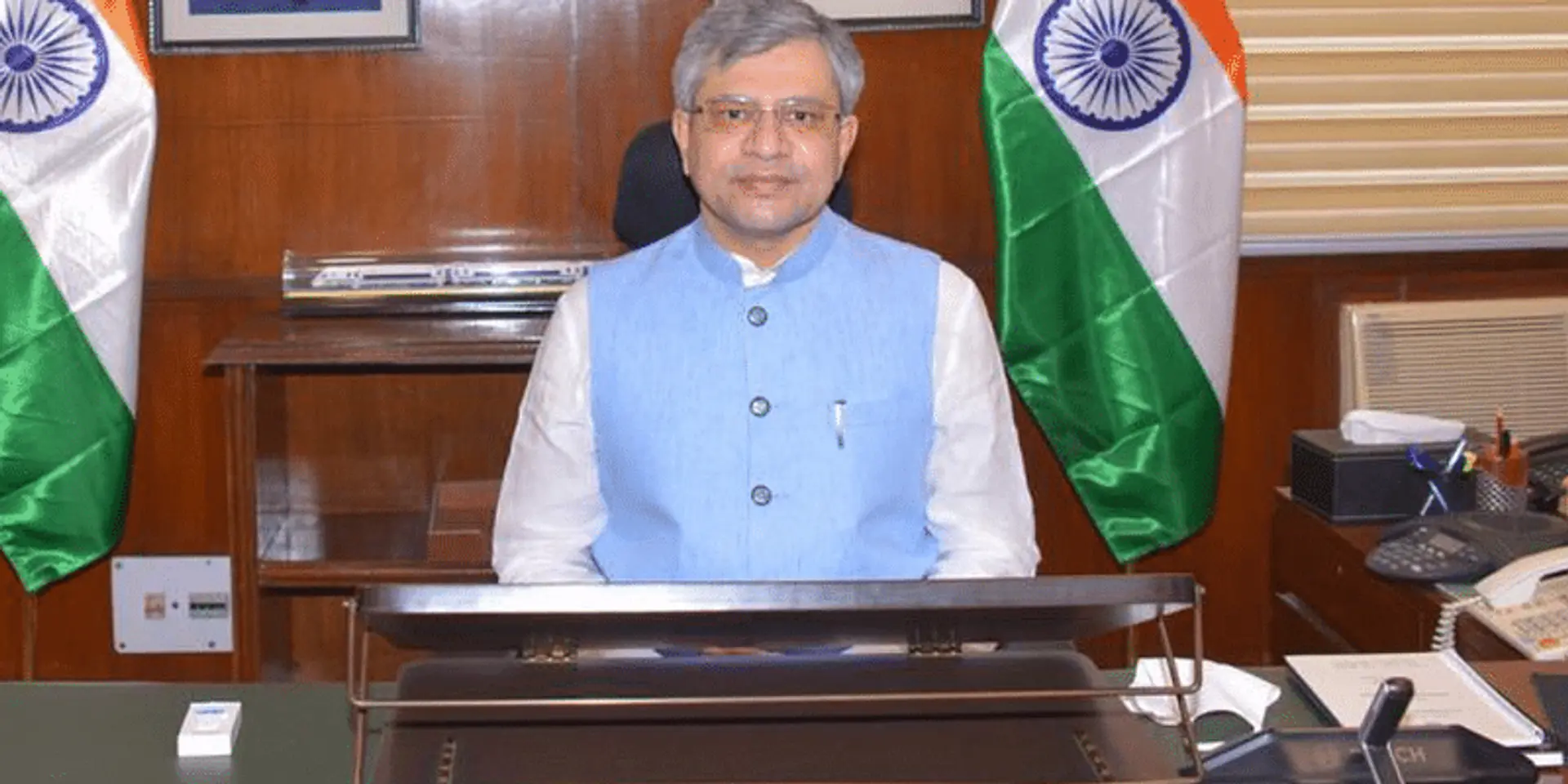Government announces Rs 1,435 Cr PAN 2.0 Project
The Cabinet Committee on Economic Affairs (CCEA), chaired by Prime Minister Narendra Modi, has given its approval for the PAN 2.0 Project of the Income Tax Department with a financial outlay of Rs 1,435 crore, Information and Broadcasting Minister Ashwini Vaishnaw said.
The government on Monday announced the Rs 1,435 crore PAN 2.0 Project to make the permanent account number (PAN) a 'common business identifier' for all digital systems of government agencies.
The Cabinet Committee on Economic Affairs (CCEA), chaired by Prime Minister Narendra Modi, has given its approval for the PAN 2.0 Project of the Income Tax Department with a financial outlay of Rs 1,435 crore, Information and Broadcasting Minister Ashwini Vaishnaw said.
The PAN 2.0 Project enables technology-driven transformation of taxpayer registration services and is aimed at ease of access and speedy service delivery with improved quality.
Single source of truth and data consistency; eco-friendly processes and cost optimization; and security and optimisation of infrastructure for greater agility, are the other benefits of the project.
"The PAN 2.0 Project resonates with the vision of the Government enshrined in Digital India by enabling the use of PAN as Common Identifier for all digital systems of specified government agencies," an official release said.
PAN 2.0 Project is an e-Governance project for re-engineering the business processes of taxpayer registration services through technology-driven transformation of PAN/TAN services for enhanced digital experience of the taxpayers.
"This will be an upgrade of the current PAN/TAN 1.0 eco-system consolidating the core and non-core PAN/TAN activities as well as PAN validation service," the release said.
Currently, about 78 crore PANs have been issued, of which 98 per cent are to individuals.
Edited by Megha Reddy







